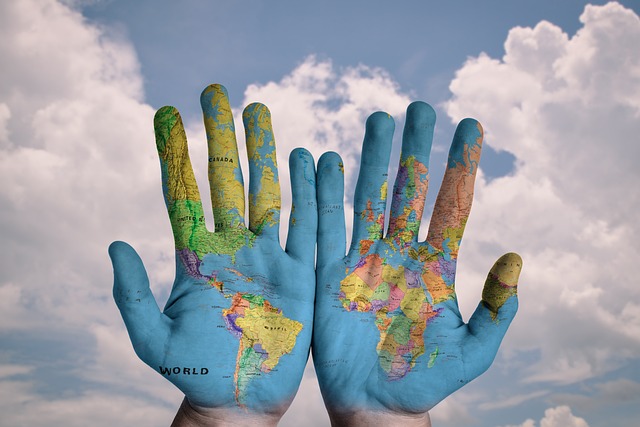Progress and Challenges in Global Efforts to Combat Plastic Pollution

Last week, the International Negotiating Committee (INC) of the United Nations Environment Programme concluded its fourth negotiating session aimed at crafting an international treaty to tackle plastic pollution. The gathering, held in Ottawa, Canada, witnessed representatives from 170 nations engaging in discussions to address the pressing issue of plastic waste that plagues our oceans and ecosystems.
Despite a more cooperative atmosphere compared to the previous session, which was marred by procedural disputes, the negotiations in Ottawa saw limited advancement on crucial proposals to significantly reduce plastic production. One notable addition to the agenda was the discussion on the alarming proliferation of "Ghost gear" – abandoned fishing equipment that poses a severe threat to marine life and ecosystems.
While some progress was made, particularly in streamlining the draft text and endorsing the need for intersessional work, significant challenges remain. A contentious proposal put forward by Peru and Rwanda to slash primary plastic polymer production by 40% over 15 years faced resistance from major plastic-producing nations like the United States and the United Kingdom.
Environmental advocates expressed disappointment over the lack of emphasis on addressing plastic production, which they argue is fundamental to curbing plastic pollution effectively. Despite this setback, there was a consensus on the inclusion of fishing gear in the treaty discussions, signaling a growing recognition of the multifaceted nature of plastic pollution.
However, concerns linger among environmentalists regarding the scope of intersessional work, which they deem insufficient to address the magnitude of the plastic crisis. Graham Forbes from Greenpeace USA criticized the absence of a mandate to formally tackle plastic production, suggesting that informal avenues may need to be explored to address this critical issue.
Nevertheless, amidst the challenges, there were notable developments. The signing of the Bridge to Busan declaration by 33 countries and 35 stakeholders underscored a commitment to achieving sustainable levels of plastic production and enhancing transparency in manufacturing processes.
INC-4 occurred against the backdrop of alarming data highlighting the urgent need for action. A recent report from Lawrence Berkeley National Laboratory warned of exponential growth in the plastic industry, projecting a doubling or tripling of plastic production by 2050. Such a trajectory not only exacerbates plastic pollution but also contributes significantly to greenhouse gas emissions and climate change.
As the international community gears up for the final summit in Busan, South Korea, scheduled for late November, the stakes are higher than ever. The world is looking to the United Nations to deliver a comprehensive treaty that addresses the root causes of plastic pollution and sets a course towards a sustainable future for our planet. The time for action is now, and the success of the upcoming negotiations will determine our ability to safeguard the health of our oceans and ecosystems for generations to come.




